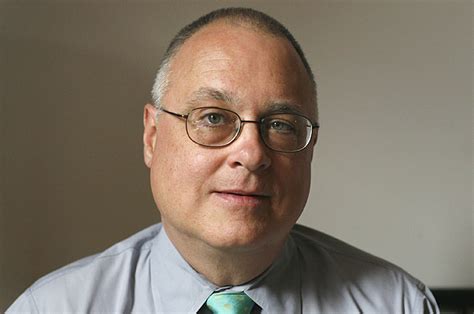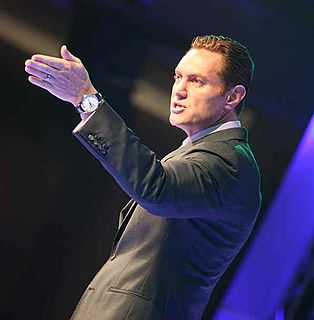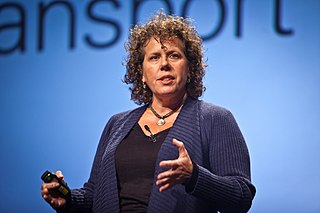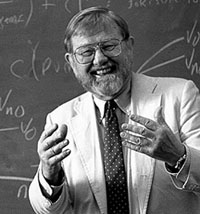A Quote by Eric Kierans
Capital movements are no longer necessarily related to the production of goods and services. Through the financial markets of the world, capital movements today are overwhelmingly concerned with the capture of and trade in property rights, the ownership of assets that magnify a corporation's wealth, power, and control. It is what John Maynard Keynes described as "a casino world"-wealth without worth.
Quote Topics
Related Quotes
Capital, never concerned with distribution, is now less and less concerned with production. Capital is driving for power, for the control over markets, lands, resources. Capital, in corporate hands, can move anywhere and thus demand and get the utmost in concessions and privileges as well as the freedom to operate in the interest of ever-increasing wealth and assets.
The information revolution has changed people's perception of wealth. We originally said that land was wealth. Then we thought it was industrial production. Now we realize it's intellectual capital. The market is showing us that intellectual capital is far more important that money. This is a major change in the way the world works. the same thing that happened to the farmers during the Industrial Revolution is now happening to people in industry as we move into the information age.
A rentier is an investor whose relationship to a company or enterprise is strictly limited to the ownership of financial wealth (such as stocks or bonds) and the receipt of income on that wealth (such as dividends or interest). The financial system performs dismally at its advertised task, that of efficiently directing society's savings towards their optimal investment pursuits. The system is stupefyingly expensive, gives terrible signals for the allocation of capital, and has surprisingly little to do with real investment.
Today, financial capital is no longer the key asset. It is human capital. Success is no longer about economic competence as the main leverage. It is about emotional intelligence. It is no longer about controls. It is about collaboration. It is no longer about hierarchies. It is about leading through networks. It is no longer about aligning people through structures and spreadsheets. It is about aligning them through meaning and purpose. It is no longer about developing followers. It is about developing leaders.
Socialism is about claims of justice, and it is also about money: about wealth, income, physical and financial capital. It is an ideology based on allocating economic resources. It may try to achieve that goal by nationalizing assets, by command-and-control regulation, or by taxation and redistribution.
Work is a means; it is not an end. And for any tasks that can be performed or eliminated by a capital instrument, human labor is not the best means... Furthermore, we have science, engineering and management - the three disciplines - that really plan and control the production of goods and services, trying to eliminate labor. Who the hell is government to come along and try to create labor? The people who are producing wealth are trying to eliminate toil, while the politicians are trying to create it.
Wicksell's old-fashioned liberalism is reminiscent of John Maynard Keynes' attitude toward conscription during World War I. Keynes opposed conscription, but he was not a pacifist. He opposed conscription because it deprived the citizen of the right to decide for himself whether or not to join in the fight. Keynes was exempt as a civil servant from conscription; so there is no need to question his sincerity. Apparently his belief in the rights of the individual against a majority of his compatriots was very strong indeed.
The purpose of finance is to enable business to acquire the ownership of capital instruments before it has saved the funds to buy and pay for them. The logic used by business in investing is things that will pay for themselves is not today available to the 95% born without capital. Most of us owe instead of own. And the less the economy needs our labor, the less able we are to "save" our way to capital ownership.































